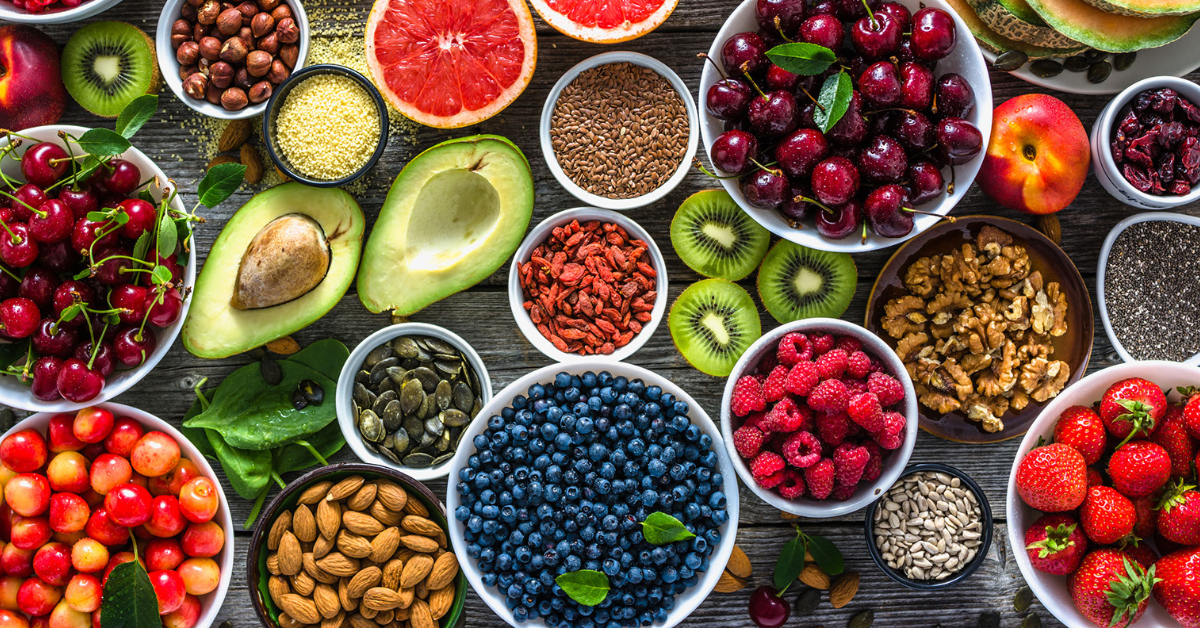Let's dive into the fascinating world of protein synthesis and discover how this mighty macronutrient can supercharge your post-workout recovery. Learn about various protein sources and their incredible benefits. Feed your muscles what they crave!
Protein: Your Muscles' Secret Weapon for Unstoppable Recovery
We all know the feeling. The day after an intense workout, our bodies remind us of the effort we put in with a symphony of aches and pains. But what if you could switch to a different tune? Let's dive into the incredible world of protein and its paramount role in muscle recovery. Prepare to unlock the power of the perfect post-workout routine for optimum gains.
The Dynamic Duo: Protein Synthesis and Muscle Recovery
Muscle recovery is an intricate process where our bodies repair damage caused by rigorous exercise. At the heart of this process is protein synthesis — a biochemical process where our cells manufacture proteins[1].
When we engage in resistance training, we create microscopic tears in our muscle fibers[2]. This process triggers a response in our bodies that accelerates protein synthesis, resulting in muscle growth and recovery[3].
During protein synthesis, our cells follow instructions provided by our DNA to create a variety of proteins that serve different functions. These proteins will either repair damaged muscle fibers or build new ones. The process uses amino acids — the building blocks of protein — as raw materials. Twenty types of amino acids are involved in protein synthesis, nine of which — the essential amino acids — we must obtain through our diet[4].
For athletes, timing is crucial. Consuming protein shortly after a workout maximizes the muscle recovery process[5]. This practice feeds the body the necessary amino acids, allowing it to rebuild damaged muscle fibers more efficiently and promoting muscle growth.
Protein Power: From Fields to Muscles
Protein is abundant in a variety of foods, both animal and plant-based. Chicken, beef, eggs, and dairy are all well-known sources of protein. But let's give some spotlight to plant-based proteins that are equally as beneficial and essential for muscle recovery. Incorporating them into your diet can reap huge benefits.
Lentils: A cup of cooked lentils provides approximately 18 grams of protein, not to mention they are rich in fibre and other essential nutrients[6].
Quinoa: This versatile grain is a complete protein, meaning it contains all nine essential amino acids that our bodies cannot produce[7].
Tofu and Tempeh: Made from soybeans, both tofu and tempeh are protein-rich food options, with 20 grams of protein in a cup of tempeh and 16 grams in a similar serving of tofu[8].
Edamame: Also known as immature soybeans, edamame is a complete protein source, packing 17 grams of protein per cup[9].
Nuts and Seeds: Almonds, chia seeds, flaxseeds, and hemp seeds are all excellent sources of protein, with the added bonus of healthy fats.
By incorporating these proteins into your diet, you can fuel your muscle recovery and achieve your fitness goals without compromising on taste or nutrition.
In conclusion, protein plays a pivotal role in muscle recovery, helping your body repair and grow stronger after each workout. By understanding the science behind protein synthesis and making strategic dietary choices, you're well on your way to transforming your post-workout recovery. Flex those VEGAIN-s!







Leave a comment
This site is protected by hCaptcha and the hCaptcha Privacy Policy and Terms of Service apply.